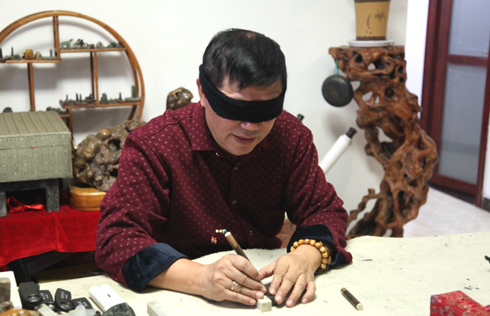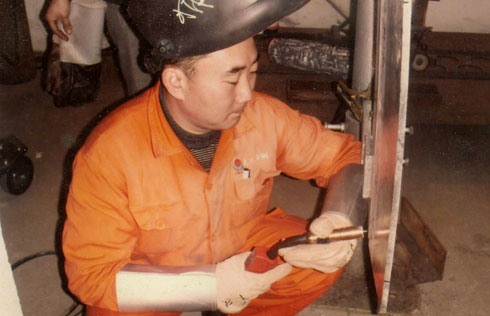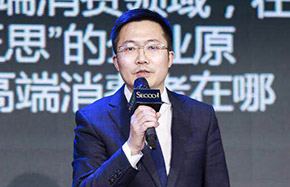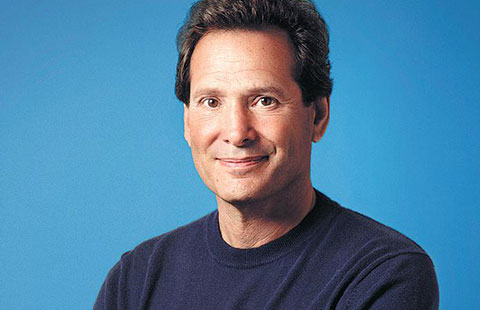High-tech park rethinks future
|
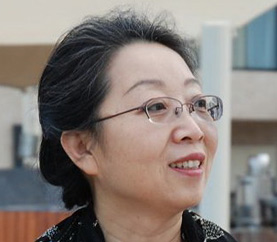 Zhang Xiuying, deputy director of the administrative committee of Haidian Science Park [Photo / China Daily]
|
The book Paving-stones, compiled by Hu Zhaoguang, the first director of the Beijing New Technology Industrial Development Experimental Zone, documents how the first generation of administrators changed their working ways to cater to the needs of enterprises.
The initial administrative innovation, according to the book, started with streamlining of administrative approvals. At that time, an application to start a company required months of administrative approvals by several government apartments.
"Even a passport application took at least three months, during which time the initial enthusiasm could be dampened and cooperation opportunities could be spoiled."
Zhang recalled that when they made the point that the officials assigned to their park had no authority to approve company formations, the Beijing Administration for Industry and Commerce, which was in charge of company set-ups, soon lifted the rank of the assigned official so he could approve company establishments directly.
The committee also came up with ways of encouraging innovation. The main vehicle is using tax rebates to subsidize corporate research, as well as housing for scientists and technicians.
The committee also strengthened trilateral cooperation among universities, industry and research.
By the end of 2012, HSP had established 35 incubators, 13 of which were State-level. Its incubators have created 250,000 jobs, 3,868 of which went to returned overseas students, according to the committee.
Soul-searching
In the history of HSP's development, there has never been a shortage of reflection and soul-searching. In 2005, a book entitled The Death of Zhongguancun became a sensation. In the book, Fang Xingdong, an IT writer, presented a series of questions: Who are the main actors of innovation in the park: established companies or grassroots companies? Who should play a greater role in the park: the government or the market?
For Eric Nilsson, a PhD in industrial economics who has researched science and technology parks, the answer is straightforward: governments are bad at running businesses, because they often have other goals than innovation, customer focus and competition.
"The government cannot pick firms, the private sector has to do that," he said. "Governments can provide an environment through rules, regulations, access to financing, access to facilities and services.
"Governments can also identify new areas such as biotechnology, nanotechnology, green technology, smart grids, high-speed trains and the like, for societal reasons, or because it seems like a promising area for future growth, or because competition can stimulate research and encourage links to innovators."
Liu Ying, an economics professor with Tsinghua University whose research focuses on innovation and entrepreneurship, said the role of administrators of science and technology parks should be similar to that of Jack Ma of Alibaba.
"Ma built a big stage. The players should play the main role in their production and service that totally follow rules of market, rather than that of government."






